That’s really cool, I will use it
Salamander
- 45 Posts
- 186 Comments

 2·4 days ago
2·4 days agoThere is a bit of humor and a bit of truth. I don’t have a garden and so when I was looking into whether it was possible to grow a pumpkin in a pot, most of what I found stated that the pumpkins need a lot of ground to have a strong and healthy root system, and a lot of sun, and so it is not recommended to grow them indoors. I thought that the plant would begin to grow but at some point the pot would not be able to sustain the root system and the plant would die. This has happened to me with many trees that I try to grow indoors - most recently my tamarind trees. They look perfectly healthy and then drop dead. Well, I am not certain of why the trees die but I suspect their roots rot.
But the humor is that I still don’t think it is a good idea to grow this plant indoors. It has taken over a lot of space! My original plan was to prune it and keep it small, but I noticed that even the farthest leaves are able to pull moisture from the pot with no problem, and so I am letting the plant grow to see what happens.

 2·4 days ago
2·4 days agoThe sensors are from AZDelivery, these ones. They are connected to an arduino nano which reads the capacitance values and sends them over to a raspberry pi 5. The raspberry pi 5 is connected to a few other sensors (CO2, particle counter, air humidity and temperature all from Sensirion), and there is a 7-inch raspberry pi display that the pi writes images to. I was making a home air quality station but I decided to place everything around the pumpkin instead for now, to see if I could get something interesting out of that. But, so far most of them have not been practically useful.

 4·4 days ago
4·4 days agoI did not know of the term “open washing” before reading this article. Unfortunately it does seem like the pending EU legislation on AI has created a strong incentive for companies to do their best to dilute the term and benefit from the regulations.
There are some paragraphs in the article that illustrate the point nicely:
In 2024, the AI landscape will be shaken up by the EU’s AI Act, the world’s first comprehensive AI law, with a projected impact on science and society comparable to GDPR. Fostering open source driven innovation is one of the aims of this legislation. This means it will be putting legal weight on the term “open source”, creating only stronger incentives for lobbying operations driven by corporate interests to water down its definition.
[…] Under the latest version of the Act, providers of AI models “under a free and open licence” are exempted from the requirement to “draw up and keep up-to-date the technical documentation of the model, including its training and testing process and the results of its evaluation, which shall contain, at a minimum, the elements set out in Annex IXa” (Article 52c:1a). Instead, they would face a much vaguer requirement to “draw up and make publicly available a sufficiently detailed summary about the content used for training of the general-purpose AI model according to a template provided by the AI Office” (Article 52c:1d).
If this exemption or one like it stays in place, it will have two important effects: (i) attaining open source status becomes highly attractive to any generative AI provider, as it provides a way to escape some of the most onerous requirements of technical documentation and the attendant scientific and legal scrutiny; (ii) an as-yet unspecified template (and the AI Office managing it) will become the focus of intense lobbying efforts from multiple stakeholders (e.g., [12]). Figuring out what constitutes a “sufficiently detailed summary” will literally become a million dollar question.
Thank you for pointing out Grayjay, I had not heard of it. I will look into it.
Some time last year I learned of an example of such a project (peerreview on GitHub):
The goal of this project was to create an open access “Peer Review” platform:
Peer Review is an open access, reputation based scientific publishing system that has the potential to replace the journal system with a single, community run website. It is free to publish, free to access, and the plan is to support it with donations and (eventually, hopefully) institutional support.
It allows academic authors to submit a draft of a paper for review by peers in their field, and then to publish it for public consumption once they are ready. It allows their peers to exercise post-publish quality control of papers by voting them up or down and posting public responses.
I just looked it up now to see how it is going… And I am a bit saddened to find out that the developer decided to stop. The author has a blog in which he wrote about the project and about why he is not so optimistic about the prospects of crowd sourced peer review anymore: https://www.theroadgoeson.com/crowdsourcing-peer-review-probably-wont-work , and related posts referenced therein.
It is only one opinion, but at least it is the opinion of someone who has thought about this some time and made a real effort towards the goal, so maybe you find some value from his perspective.
Personally, I am still optimistic about this being possible. But that’s easy for me to say as I have not invested the effort!

 7·4 days ago
7·4 days agoIn the case of tempeh keeping the right ambient temperature (~30) and adding a bit of vinegar to the beans is the best way I have experienced to make it grow fast and healthy. The CO2 I only measure to check for stale air. The tempeh fungus breathes in oxygen and exhales CO2, and if you have a lot of tempeh in a small incubator the CO2 can get too high.
In some techniques for mushroom growing, the mycelium is grown inside of a tub. The fungus exhales CO2 into the closed tub and inhibits this high CO2 condition inhibits fruiting. The fruiting stage can be stimulated by using a fan to push out the CO2. In the case of tempeh one can surround the tempeh with fresh air to stimulate the tempeh to produce spores, which can then be ground with white rice to create a powder to inoculate a lot more tempeh.

 5·4 days ago
5·4 days agoYeah, I have three moisture-in-soil sensors inserted around the plant. The idea was to use to them to control the irrigation, but they did not work out.

 4·4 days ago
4·4 days agoHahahaha, woops, I had worse photos but none better 😂

 12·4 days ago
12·4 days agoMy plan is to remove the petals from the freshest male flower available and rub that directly.
I store the previous set of male flowers in a cup with a bit of water in the fridge :

If I don’t pick a male flower, the next day it looks like this:

I did this in case that the male flowers would stop coming out when the females came. But I think my worry was not warranted… because the plant is swarming with male flowers. That’s why I have begun cooking them.

I am still not sure of whether I will pollinate a single flower to try to grow a large pumpkin, or if I will go for multiple pumpkins.

 24·4 days ago
24·4 days agoThe bottle is a carbon dioxide tank. It is connected to a regulator that can open/close the valve to let CO2 out. During the day it brings the CO2 level under the leaves to around 800 - 1000 parts per million (ppm). Usually the level in the air is closer to 400 - 500 ppm, and fast growing plants can grow faster with some extra CO2 in the air to build into sugars during photosynthesis. At least in theory… For me it is an experiment in CO2 regulation as I have measured and decreased CO2 levels in the past (when growing mushrooms and tempeh) but I had never actively delivered it, so I thought this would be a good opportunity to learn.
It turns out pumpkin flowers are very fragrant, and the odor is very pleasant, but I am not good at describing smells with words, sorry… To me it smells like a mixture of a rhododendron flower and a pumpkin. I recently went to a wedding in which they served ricotta stuffed zuccini flowers (very similar flowers) and the cook clearly knew what she was doing, in that case the zuccini flowers still had some of the fragrance and this made the dish taste very special. In my attempt I filled the flowers with some curry rice and then pan-seared them in butter, and all the fragrance went away in the process. So the flower was just a vessel with the soft texture of a petal and the taste of browned butter. I did not succeed in keeping any flower flavor. It was a quick-and-dirty experiment… I would like to learn more about cooking with flowers while keeping some flavor.

 8·5 days ago
8·5 days agoThank you being around, bringing this nice community here, and helping with the federation!! 😁
Jajaja, sí, soy Mexicano 😁
🥳 Muchas gracias!

 3·6 days ago
3·6 days agoI find it satisfying to see the graph come down :)

 5·6 days ago
5·6 days agoYes, sorry, there was some serious lagg in fetching posts from Lemmy World that persisted for several days and accumulated a 1-week delay.
But after upgrading Mander it is now fetching data from LW quite rapidly and it should be back in-sync in about a day and a half from now.
If you are curious about the ranking algorithm, there is some info here: https://join-lemmy.org/docs/contributors/07-ranking-algo.html

 2·7 days ago
2·7 days agoAmazing work! Thanks a lot!! Took me a few days to get to it but I have upgraded now and it looks great 😄
Awesome! The one with the sustained source loop is my favorite:

Also, the one that shoots out flames paints a picture similar to how a synchrotron behaves, shooting out X-rays into the beamlines as the electron bunches move around.
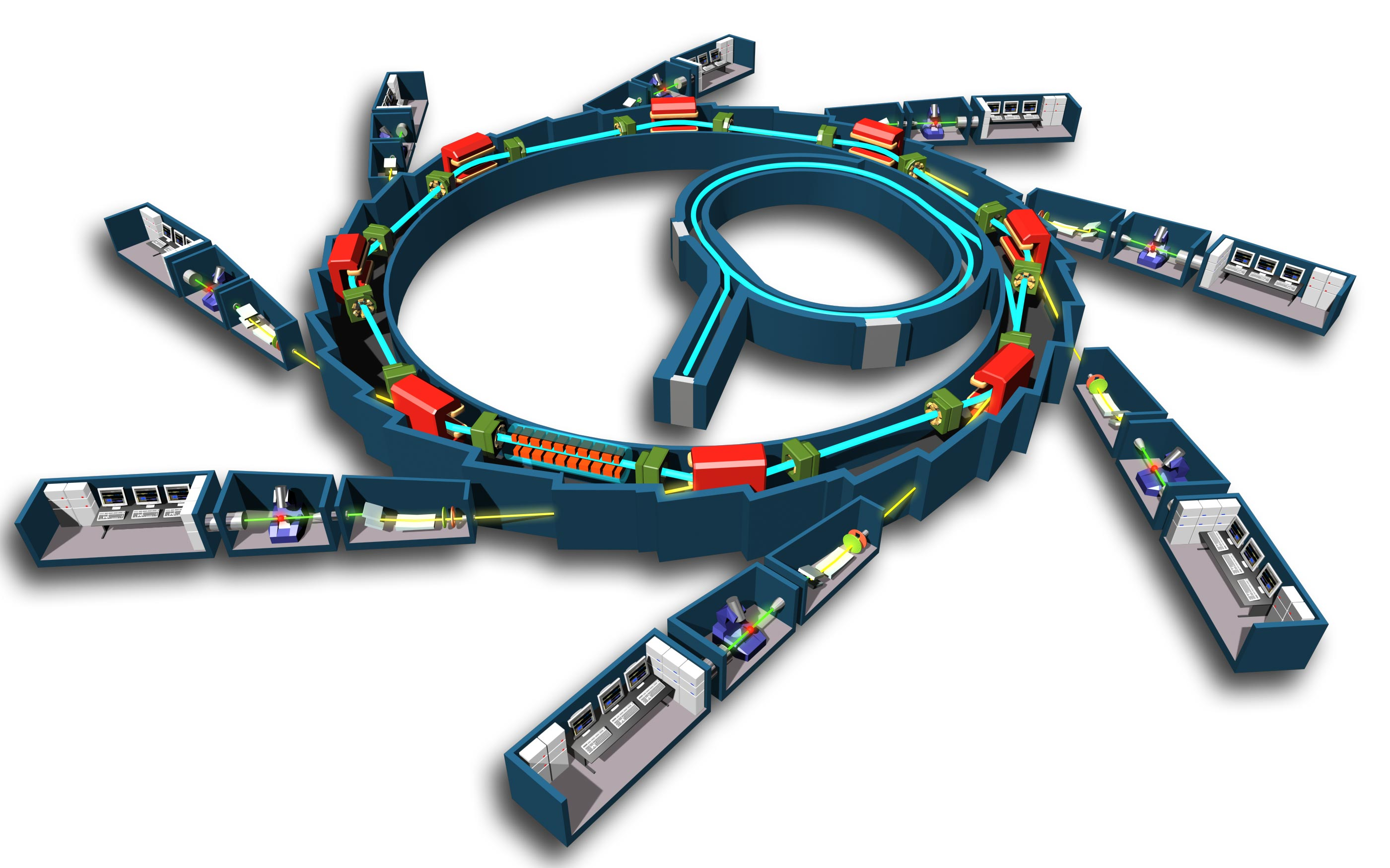

Upon looking into it closer, the synchrotron is a bit of a mixture of those two concepts - the source loop (booster ring) that is fed by the linear accelerator, and then the larger loop (storage room) that feeds X-rays the beamlines. Of course, many details differ, but still it is interesting to notice the similarities !

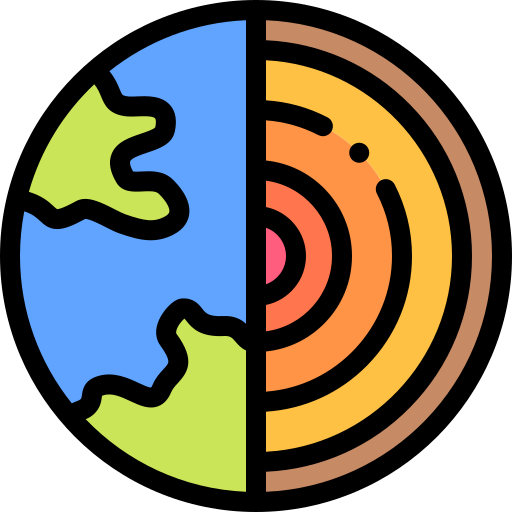 1·3 months ago
1·3 months agoAh, I see what you mean.
The experiment showed that the CO2 gas was an efficient absorber of some form of radiant energy that came from the sun. We now know that this energy is infrared radiation. This radiation is emitted by hot bodies, and the sun emits a lot of it.
But yes, you are correct in that her experiment was not about the greenhouse effect itself - which includes more complicated interactions such as the reflection and emission of IR from the earth’s surface. But, still, the absorption of IR by CO2 is a very important component. And her observations - using the sun as the source of the infrared - is also a very relevant observation. This is because:
- Infrared light can carry heat energy from one hot body to another
- A large amount of the heat transfer from the sun to the earth comes in the form of infrared light
- CO2, which is present in the atmosphere in a significant amount, is a strong absorber of infrared light
So I don’t think her work is irrelevant. It is very relevant. But I do think that the title “Scientists understood physics of climate change” is stretched because this experiment by itself is not enough to describe all of the complexity of the green house effect and climate change.

 1·3 months ago
1·3 months agoIf carbon dioxide (CO2) simply absorbed energy, including sunlight, without re-emitting it, it could lead to cooling at the Earth’s surface. This is because the absorbed energy would not be radiated back to the surface, resulting in a net loss of energy from the Earth-atmosphere system.
Hmm, I don’t follow the argument. If the CO2 and other atmospheric molecules were unable to re-emit the light, they would need to dissipate the excess energy via non-radiative processes. So the main transfer of energy to the surroundings would be via collisions with other molecules. The density of molecules is greater as you approach the surface, and the density in space is very very low. So there are many more molecules to collide with that move the energy in the direction of the surface, and there is no easy pathway to get the heat out of the earth, other than hot molecules diffusing into space.
So, unless there is an important hole in my reasoning, removing the radiative pathway would ultimately result in a hotter earth because a larger percentage of the energy of light is trapped.
I think that the main problem in your comment is that it does not account for what happens to the energy that is absorbed. This energy does not disappear - you need to account for it.


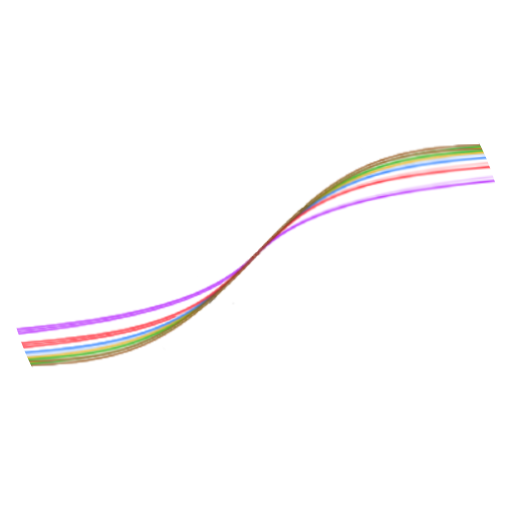


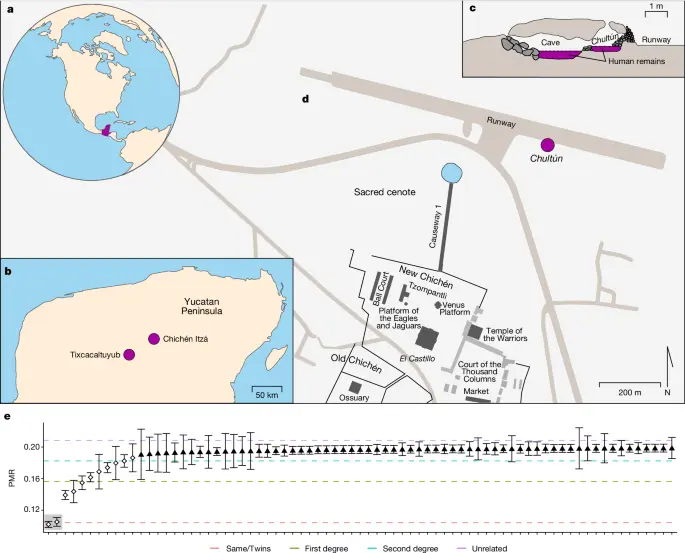
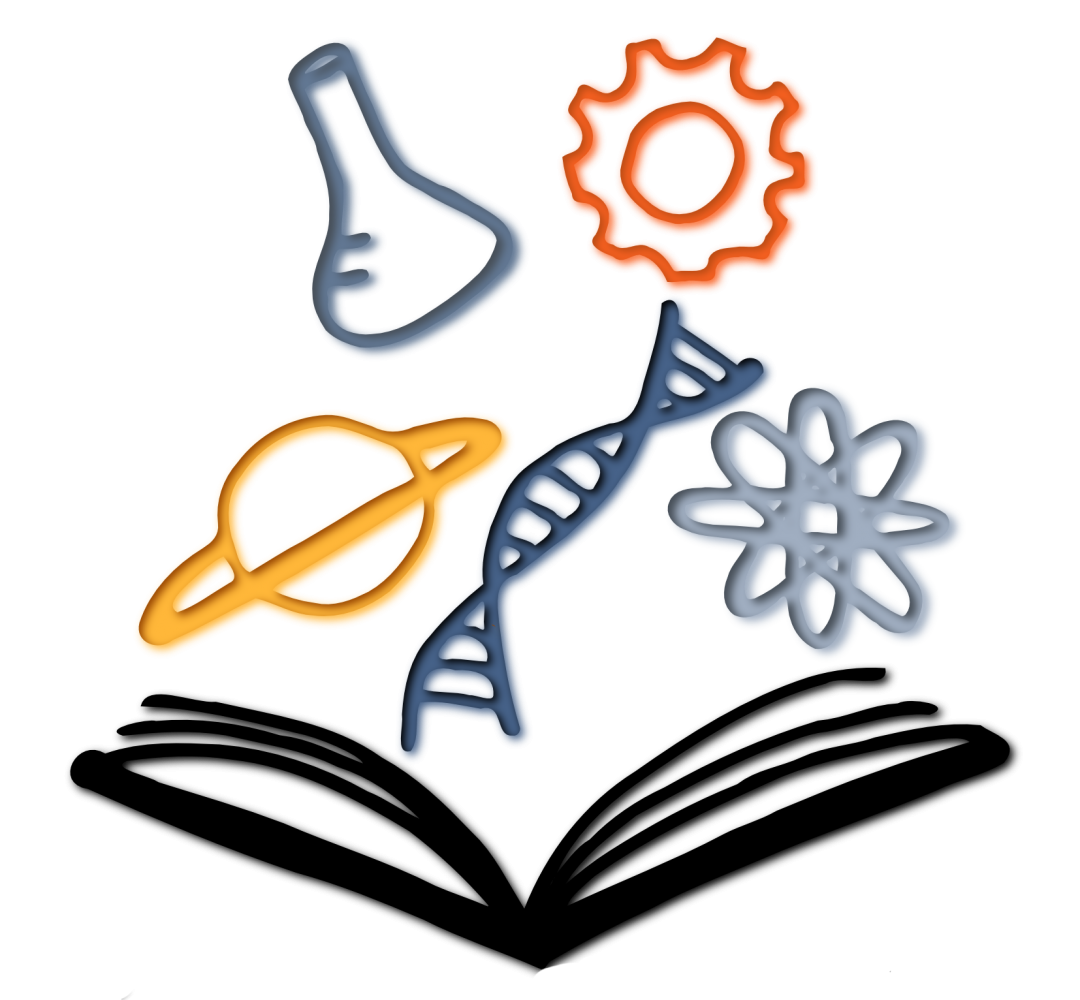



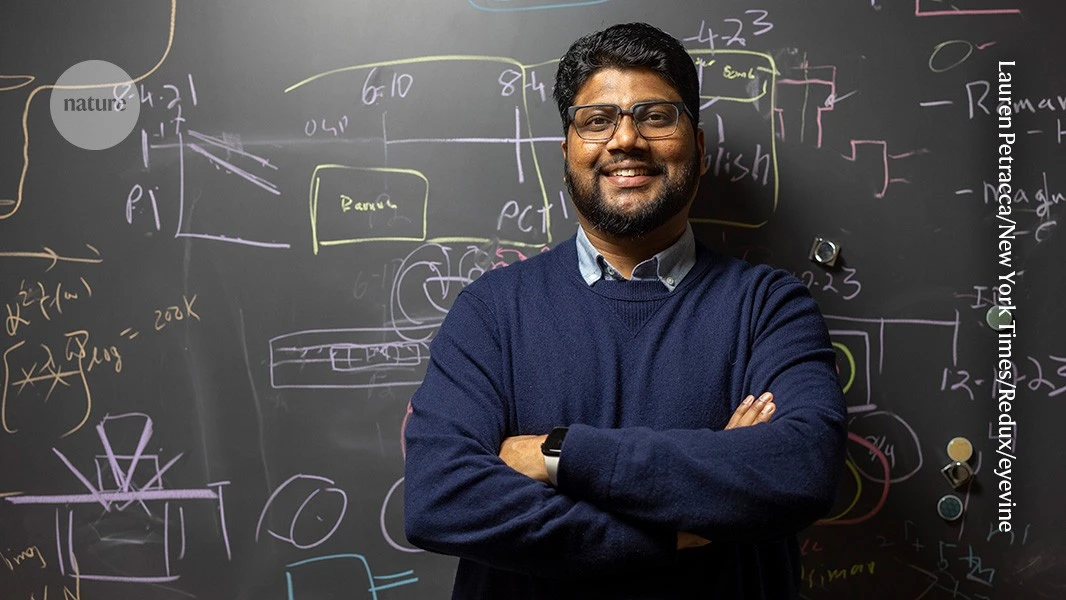

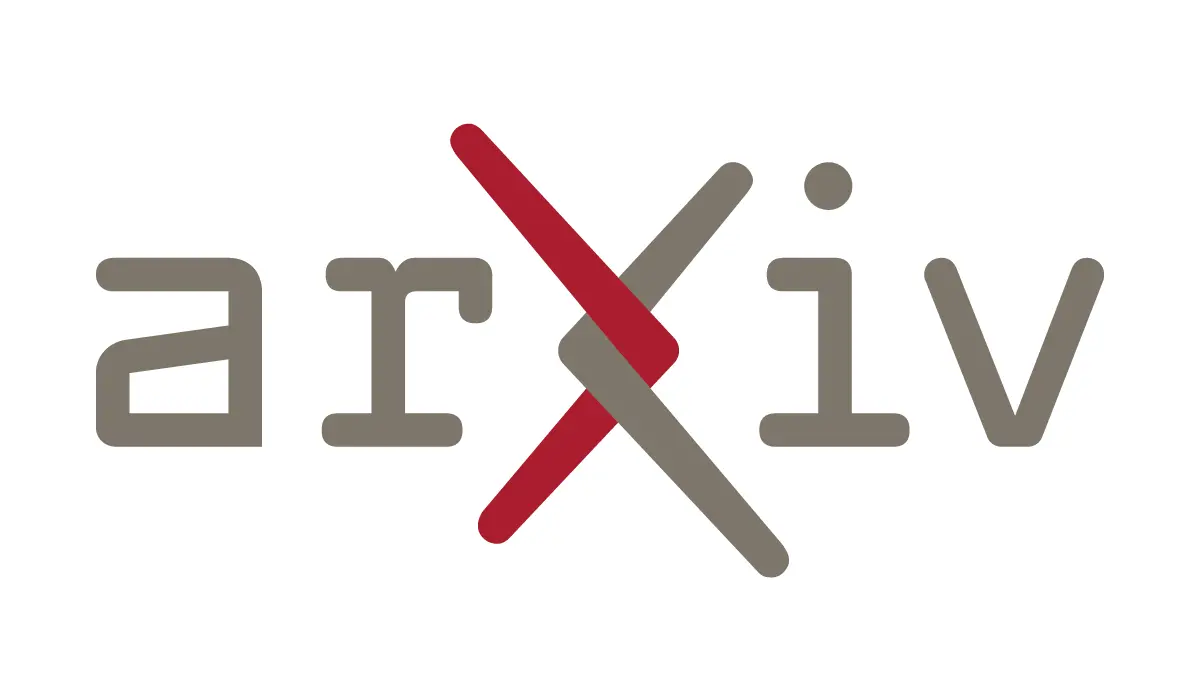



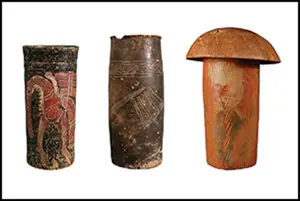


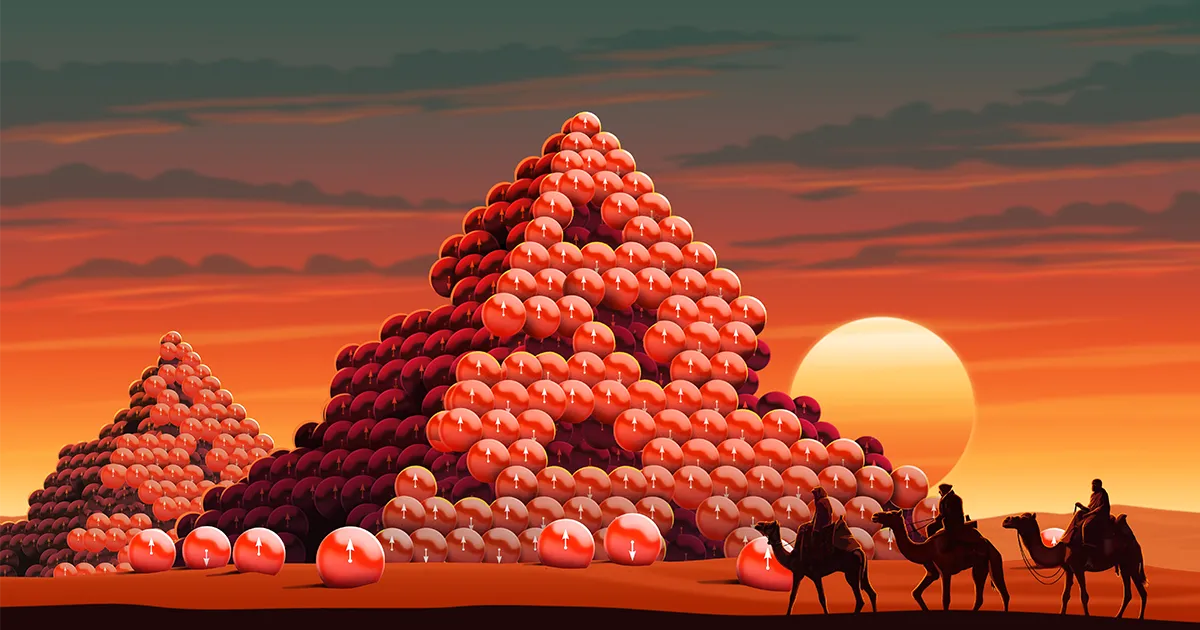
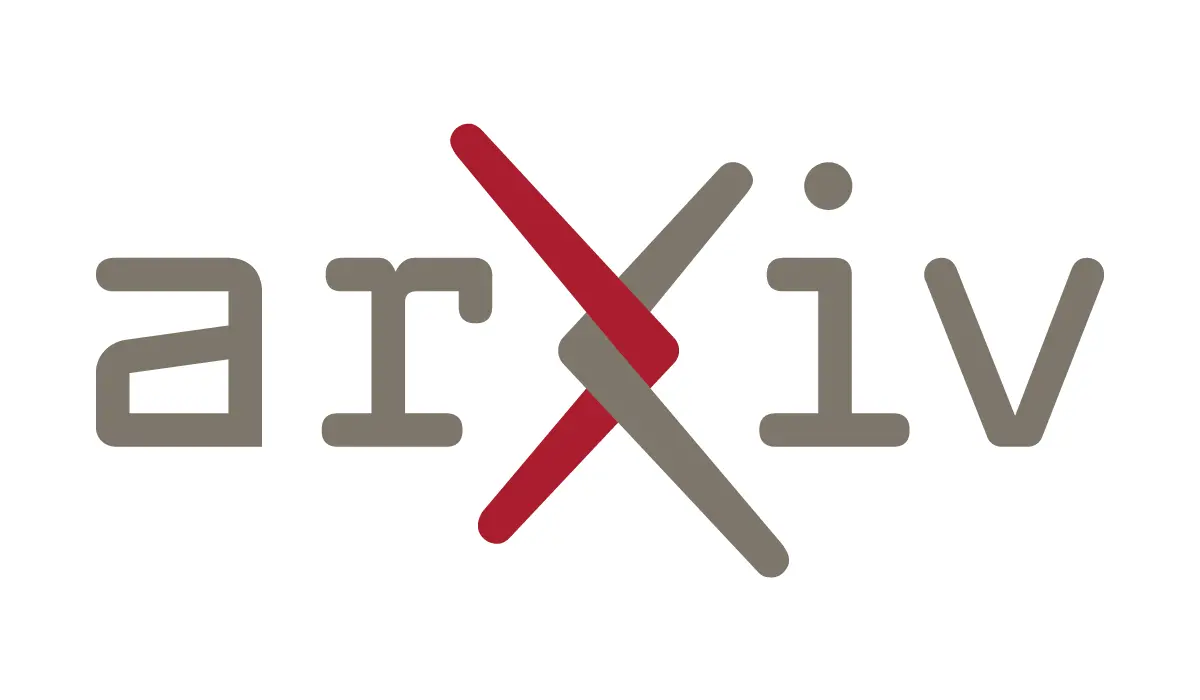



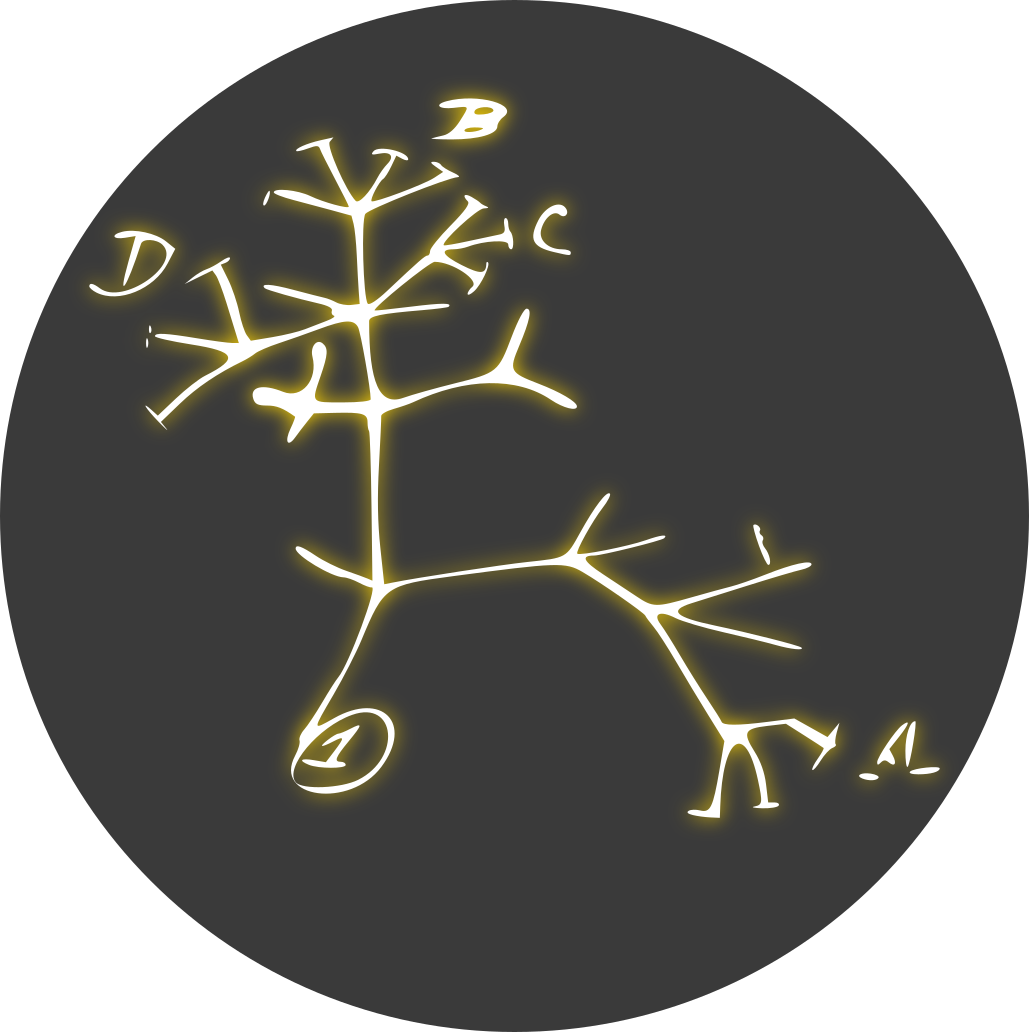


I have been very succesful with indoor peppers. With tomatoes I had too much plant and a few cherry tomatoes (from a supermarket cherry tomato’s seed)